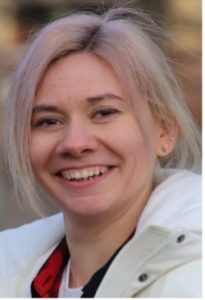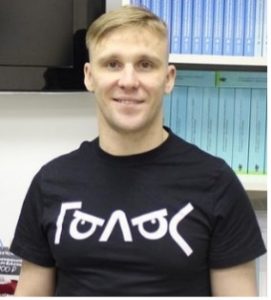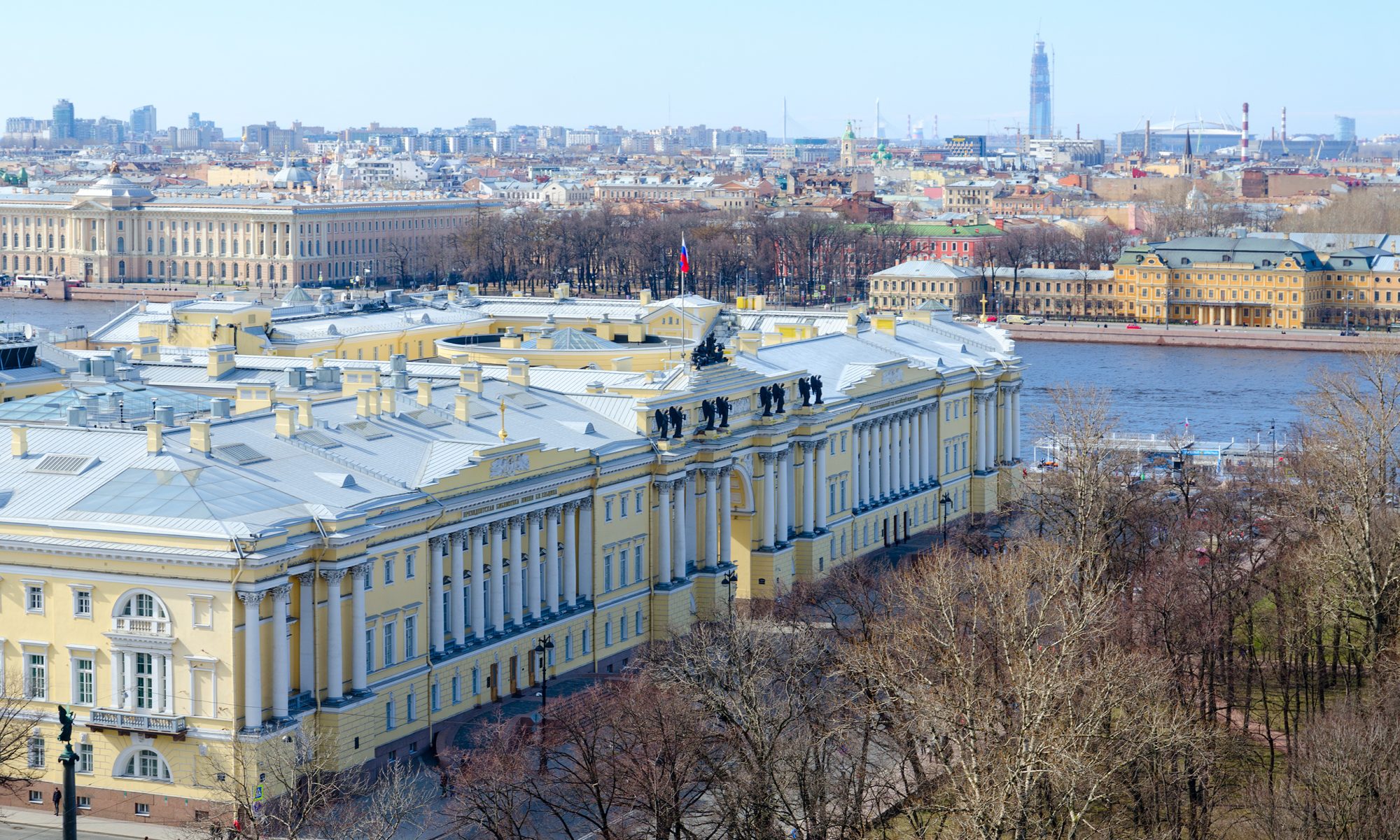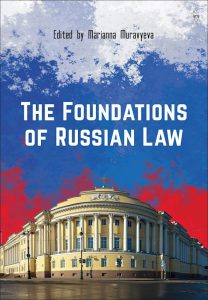17 June 2021, 16:00 EET (Helsinki)
Register here: https://forms.gle/cQT6RftVuJb9r8CB7
On 19 September 2021 Russians will go to polls to elect 450 members of State Duma, the lower house of parliament. Although it wields little real political power, elections to the Duma always had outsize importance. They test the ability of local authorities to ‘deliver’ results for the federal center and also gauge public opinion without resulting in real change. The period before elections tends to bring both heightened repression and increased welfare spending to scare and bribe the electorate. This year is no exception. A slate of new repressive laws has been adopted in the past month to specifically target the supporters of imprisoned regime critic Alexey Navalny, who encourages tactical voting. Several opposition figures have already been arrested or forced out of the country. The upcoming election also seems to discourage any pressure on citizens to improve the currently lagging Covid-19 vaccination rate. A technical innovation is the rollout of electronic voting in several regions, despite remaining concerns over its security from fraud. The experts will discuss these and other themes related to the upcoming election.
Speakers:
Dmitry Kurnosov, Carlsberg Fellow at the University of Helsinki
 Dmitry Kurnosov studies how the election jurisprudence of the European Court of Human Rights impacts the development of law, resolution of electoral disputes and election administration in Finland, Denmark, and several Post-Soviet countries. He holds a PhD in Law from the University of Copenhagen. Prior to becoming a researcher, Dmitry has for several years been a Deputy Spokesperson of the Russian Constitutional Court.
Dmitry Kurnosov studies how the election jurisprudence of the European Court of Human Rights impacts the development of law, resolution of electoral disputes and election administration in Finland, Denmark, and several Post-Soviet countries. He holds a PhD in Law from the University of Copenhagen. Prior to becoming a researcher, Dmitry has for several years been a Deputy Spokesperson of the Russian Constitutional Court.
Margarita Zavadskaya, Postdoctoral Researcher at the Aleksanteri Institute, University of Helsinki

Margarita Zavadskaya’s research focuses on how perceived electoral malpractice affects electoral turnout and other politically relevant outcomes, and how Russian voters consume and process political information translated by the media. This is studied through a series of survey experiments. Margarita Zavadskaya defended her PhD dissertation, “When Elections Subvert Authoritarianism: Failed Co-optation and Russian Post-Electoral Protests of 2011-12”, in the European University Institute, Florence in 2017.
Vitaly Averin, Member of the Federal Council of the Golos Movement
Vi taly Averin coordinates regional election monitors at Golos, Russia’s largest civic election observation movement. Golos has been monitoring elections since 2000, drawing the ire of the authorities. After several court decisions against the organization, Golos was forced to dissolve, but reconstituted itself as a civic movement.
taly Averin coordinates regional election monitors at Golos, Russia’s largest civic election observation movement. Golos has been monitoring elections since 2000, drawing the ire of the authorities. After several court decisions against the organization, Golos was forced to dissolve, but reconstituted itself as a civic movement.



 Dmitry Kurnosov studies how the election jurisprudence of the European Court of Human Rights impacts the development of law, resolution of electoral disputes and election administration in Finland, Denmark, and several Post-Soviet countries. He holds a PhD in Law from the University of Copenhagen. Prior to becoming a researcher, Dmitry has for several years been a Deputy Spokesperson of the Russian Constitutional Court.
Dmitry Kurnosov studies how the election jurisprudence of the European Court of Human Rights impacts the development of law, resolution of electoral disputes and election administration in Finland, Denmark, and several Post-Soviet countries. He holds a PhD in Law from the University of Copenhagen. Prior to becoming a researcher, Dmitry has for several years been a Deputy Spokesperson of the Russian Constitutional Court.
